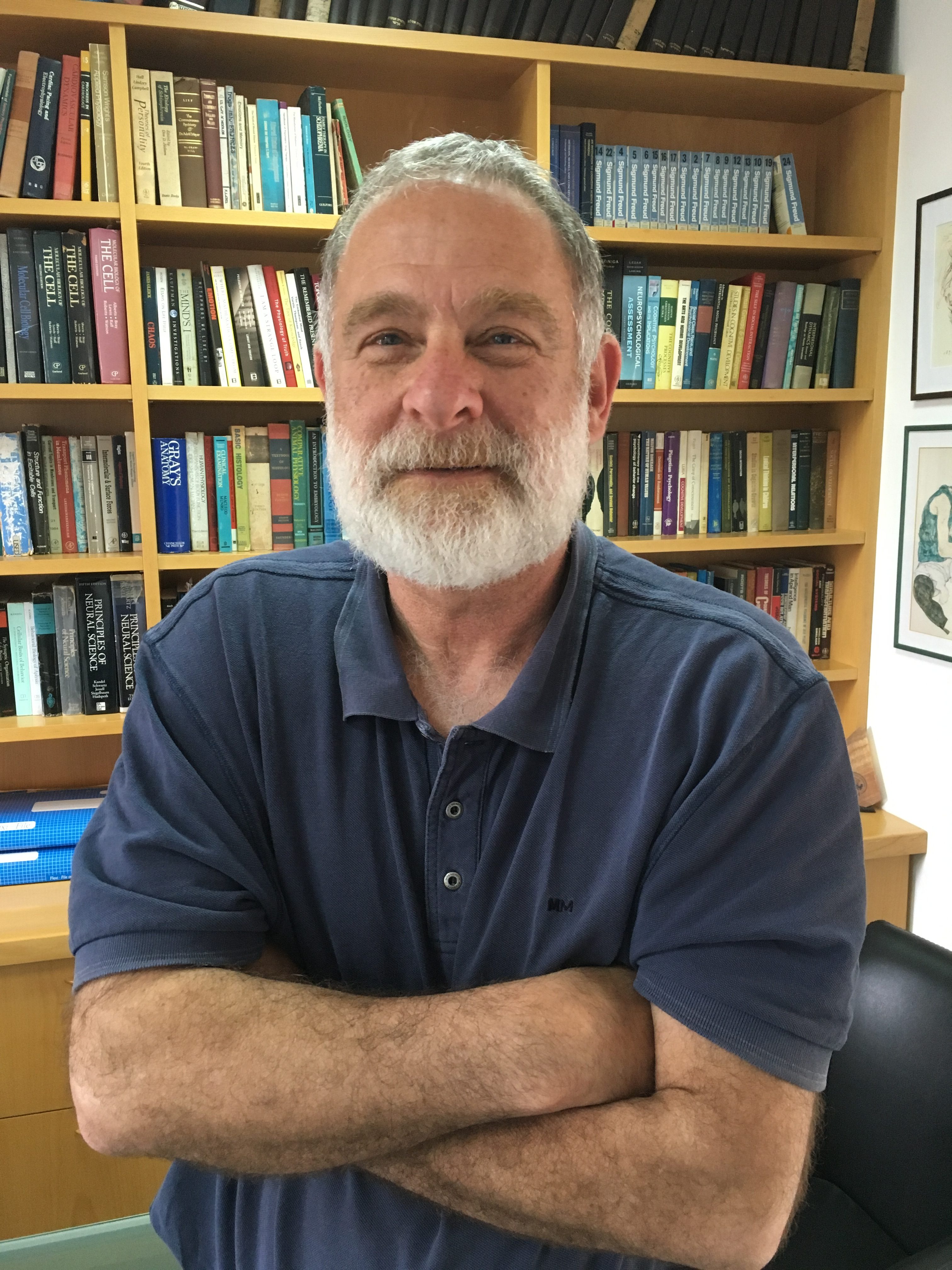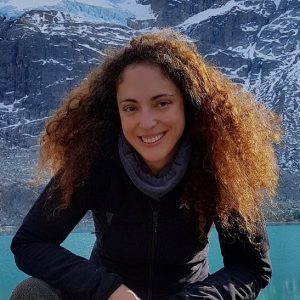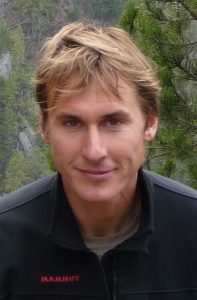Shimon Marom
Professor of Physiology, Technion – Israel Institute of Technology

BIO: Shimon Marom (MD, PhD) is a Professor of Physiology and the Pearl Seiden Academic Chair of Sciences at the Technion–Israel Institute of Technology. Studying electrical excitation in biological cells and networks embedded in responsive and adaptive environments, implementing closed-loop experimental designs and natural input statistics.
Electrical Excitation in Biological Cells: A Case for Control-Oriented Modelling
Cellular excitability — a threshold-governed transient in cross-membrane voltage — is a fundamental physiological process underlying the function of the heart, endocrine, muscles and neural tissues. Like practically all other physiological processes, excitability depends on many seemingly independent parameters, yet demonstrates extraordinary robustness to variations in their values. What makes excitability particularly attractive for mechanistic analysis is that, unlike most other physiological processes, the physics and chemistry of it are deeply understood, ab initio. Following a short introduction to the phenomenon of excitability, I’ll present obstacles faced by physiologists attempting to understand (model) its robustness to parametric variation. Emphasis will be put on the challenges and potential opportunities in applying closed-loop methodological designs as means for both system identification and modelling of excitability.
Martina Maggio
Department of Automatic Control, Lund University

BIO: Martina Maggio is an Associate Professor at the Department of Automatic Control, Lund University. Her research area is the application of control-theoretical techniques to computing systems’ problems.
She completed her Ph.D. at Politecnico di Milano, working with Alberto Leva on the applications of control-theoretical tools for the design of computing systems.
During her Ph.D., she spent one year as a visiting graduate student at the Computer Science and Artificial Intelligence Laboratory at MIT, working with Anant Agarwal and Hank Hoffmann on the Self-Aware Computing project.
She joined Lund University in 2012 as a postdoctoral researcher, working with Karl-Erik Årzén on resource allocation for cloud infrastructures and real-time systems. Martina became an Assistant Professor in 2014, and then Docent and Associate Professor in 2017.
Feedback Control for Predictable Cloud Computing
Cloud computing gives the illusion of infinite computational capacity and allows for on-demand resource provisioning. As a result, over the last few years, the cloud computing model has experienced widespread industrial adoption and companies like Netflix offloaded their entire infrastructure to the cloud.
However, with even the largest datacenter being of a finite size, cloud infrastructures have experienced overload due to overbooking or transient failures. In essence, this is an excellent opportunity for the design of control solutions, that tackle the problem of mitigating overload peaks, using feedback from the infrastructure.
These solutions can then exploit control-theoretical principles and take advantage of the knowledge and the analysis capabilities of control tools to provide formal guarantees on the predictability of the infrastructure behavior. This talk introduces recent research advances on feedback control in the cloud computing domain.
The talk discusses control solutions for both cloud application development and infrastructure management. In particular, it covers application brownout, control-based load-balancing, and autoscaling.
Florian Dörfler
Department of Electrical Engineering, Swiss Federal Institute of Technology (ETH)

BIO: Florian Dörfler is an Assistant Professor at the Automatic Control Laboratory at ETH Zürich. He received his Ph.D. degree in Mechanical Engineering from the University of California at Santa Barbara in 2013, and a Diplom degree in Engineering Cybernetics from the University of Stuttgart in 2008.
From 2013 to 2014 he was an Assistant Professor at the University of California Los Angeles. His primary research interests are centered around distributed control, complex networks, and cyber–physical systems currently with applications in energy systems and smart grids.
His students were winners or finalists for Best Student Paper awards at the 2013 European Control Conference, the 2016 American Control Conference, and the 2017 PES PowerTech Conference.
His articles and theses received the 2010 ACC Student Best Paper Award, the 2011 O. Hugo Schuck Best Paper Award, the 2012-2014 Automatica Best Paper Award, the 2015 UCSB ME Best PhD award, and the 2016 IEEE Circuits and Systems Guillemin-Cauer Best Paper Award.

